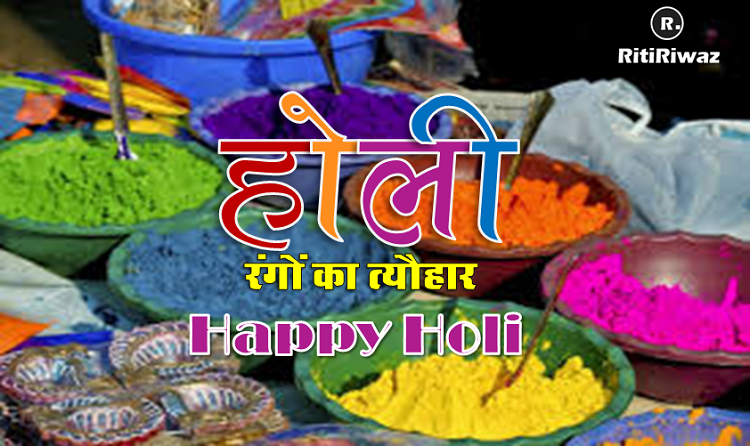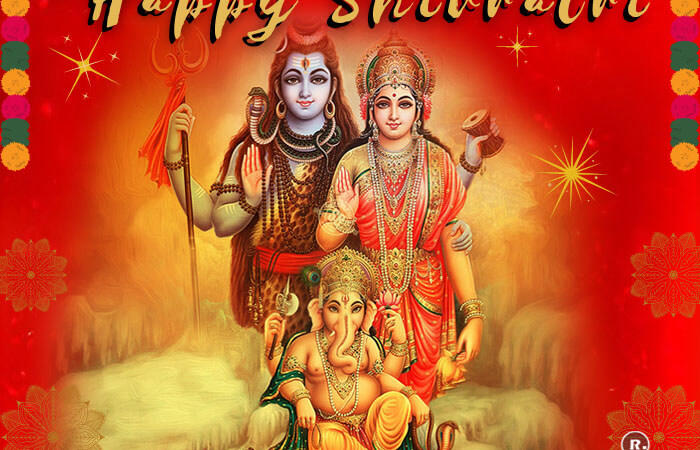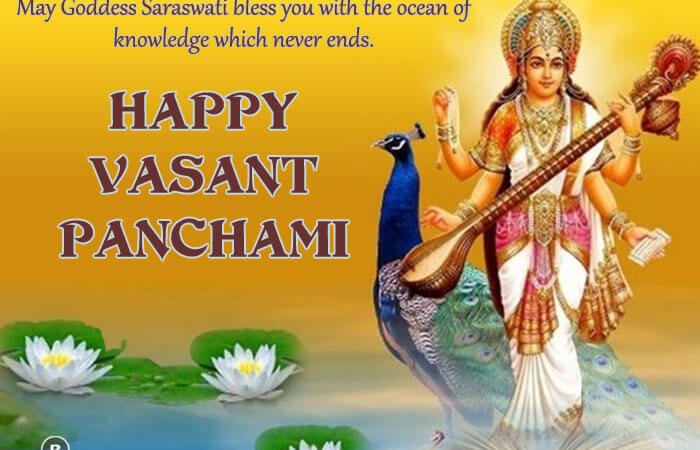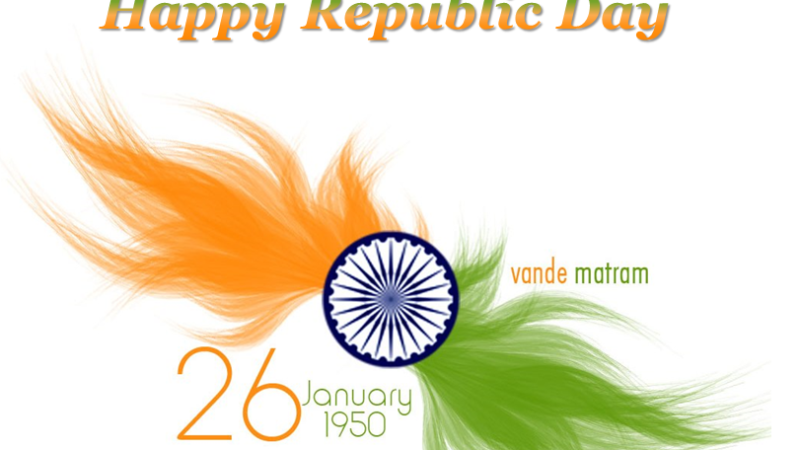Is Reservation Necessary In India
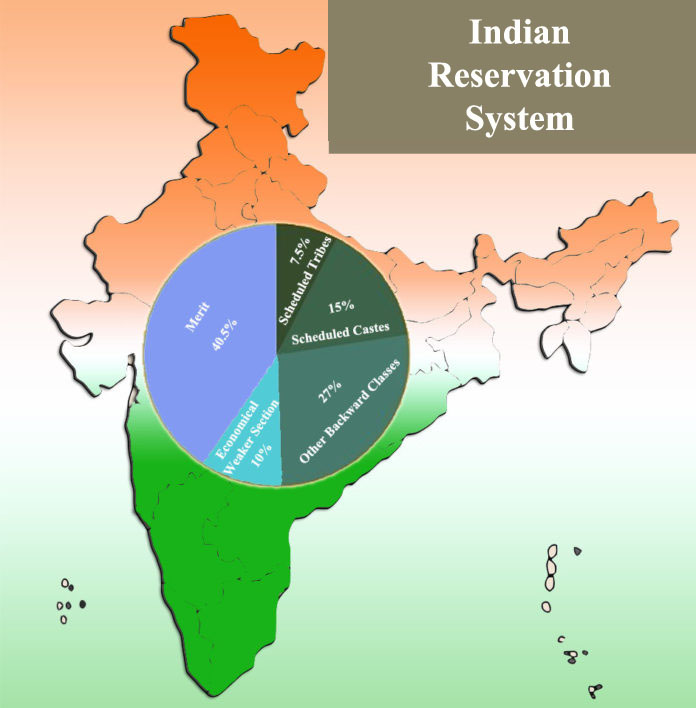
The principle of democratic equality can work only if the nation as a whole is brought to the same level. Our Constitution is based on the ideals of equality and justice both in the social and political fields. It abolishes any discrimination either against or in favor of any class of person on the grounds of religion, race, or place of birth. To pursue this idea, the Constitution did away with communal representation or reservation of seats in the Legislature or in the offices on the basis of religion.
Our Constitution prescribed certain temporary measures to help the backward sections of the society come up in life. It was a genuine gesture of the Constitution makers to create an institutional mechanism that would allow diverse people of our pluralistic society to live together as citizens of India. That is why they laid down the provision for reservation i.e., positive discrimination to ensure economic justice. But, it was clearly mentioned that all these provisions should be continued only for a limited period after which they should be stopped.
The original pact on which the current reservation for Scheduled Castes(SCs) and Scheduled Tribes(STs) is based, is the 1932 Poona Pact between Dr. Ambedkar and Mahatma Gandhi. There is, however no definition of SCs and STs in our Constitution itself. The President is empowered to draw up a list in consultation with the governor of each state, subject to revision by the Parliament. The Constitution laid down 15 percent and 7.5 percent of vacancies in government-aided educational institutions and for jobs in the government and the public sector as the reserved quota for the SC and ST candidates, respectively, for a period of 15 years. This period has been routinely extended by the successive governments and the Indian Parliament and no revisions were undertaken for the fear of losing votes. That limited period of positive discrimination has become an unavoidable feature of our socio-political life.
In the 1989 general election, Janta Dal in their election manifesto first promised to implement the recommendations of the Mandal Commission. All the other political parties, including Congress, we’re also committed to implementing these recommendations. No party dared to oppose it for the sake of the Dalit vote bank. On August 7, 1990, then Prime Minister V.P. Singh announced the acceptance of the Mandal commission’s recommendations of 27 percent reservation in jobs for the OBSs. It was followed by a large-scale agitation among the students all over India.
A nine-judge bench of the Supreme Court in Indira Sawhney’s case, popularity known as Mandal Commission, laid down that reservation should not exceed 50 percent.
The UPA government under Prime Minister Dr. Manmohan Singh again recommended 27 percent seats for OBCs in educational institutions. The five-member Supreme Court Bench had upheld the OBC quota in central educational institutional clearing the way for reservation of 27 percent seats for ‘backward’ castes over a period of three years from the academic year 2008-09. In a recent judgment, the Supreme Court allowed a 27 percent quota for OBCs, and all overall reservations increased to 49.5 percent, but it kept the ‘creamy layer’ out.
This means children of those holding constitutional positions, Group A and b officers, and their equivalent, military officers in the rank of colonel and above, children of professionals, like doctors and lawyers, may be excluded. Most political parties opposed this exclusion of creamy layer, but the Supreme Court rejected their demand. The five-judge Constitution Bench headed by Chief Justice K.G. Balakrishnan unanimously decided to keep the ‘creamy layer’ out of the purview of the quota and recommended a review of the quota every five years. However, in spite of the all-around criticism and agitation, the government maintains that the scheme must continue to enable the backward sections of society to come up in life.
Now, reservation is no more positive discrimination or a way to get social justice and equality. It is more like a curtain to hide the failure of our political machinery to create a conducive atmosphere for the socio-economic development of all sections of society. It shows that the democratic process with all the measures and means could not achieve the ultimate goal even after 65 years of independence. On the contrary, society has been further atomized on caste lines which was never the objective of our Constitution makers. Reservations have strengthened the already existing caste divisions within the society.
Caste-based reservation has made caste the only medium or determining factor of social identity. Caste is being considered an indispensable identity of the individual citizen. It is very harmful to the individuals, who seek socio-economic justice through affirmative actions and merit. This policy of caste-based reservation is dividing society and creating an environment of mistrust and victimization.
The real essence of democracy is present in the society, where division on the basis of caste has no place, where people are not identified by their race and place of birth. But, pity is that in our democratic country government itself does the job of identifying and certifying, who is of lower caste and who is not. In fact, the caste-based reservation does nothing to eliminate the caste system from society, on the contrary, it perpetuates it, or makes caste-stratification ‘more rigid’. In that case, this policy is a major hindrance for national integration and a kind of humiliation to the Preamble of our Constitution, which declares India to be a sovereign, socialist, secular, democratic, and republic polity.
Again through the caste-based reservation, many facilities and privileges are being offered to people belonging to particular castes, and others feel cheated. There have been reports, where people fetch fake certificates, which prove them as backward to avail the opportunities available for backward sections of the society. There are also some people, who are backward educationally and economically, but they are not classified into that particular section, for which reservation is available. Similarly, in the backward classes, there are a number of people who are more forward than the upper classes. The assumption of the backwardness limited to certain castes is wholly deceitful and should not be allowed to continue. The time is ripe to end casteist politics and to form an egalitarian society, where the poor and the needy should and could be helped.
Suggested Read: The Caste System In Modern India

